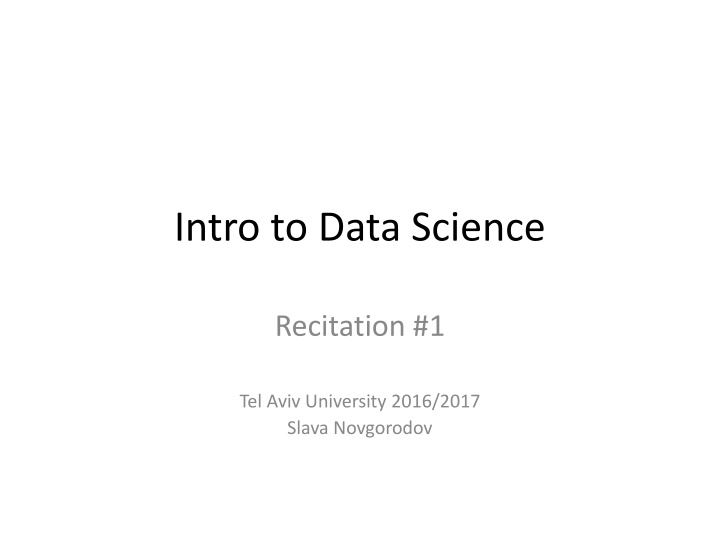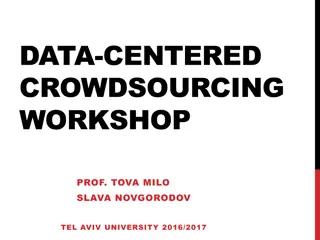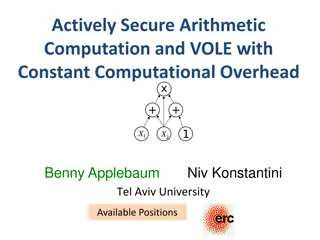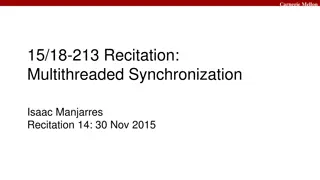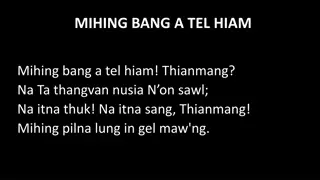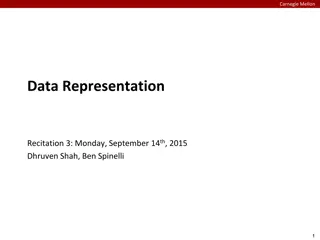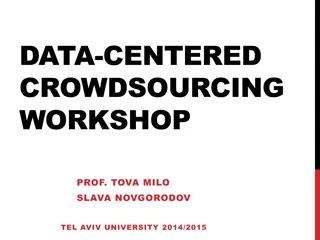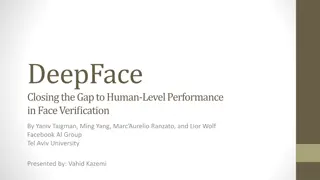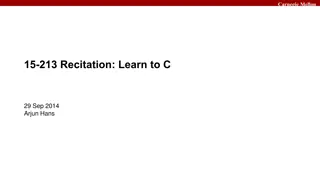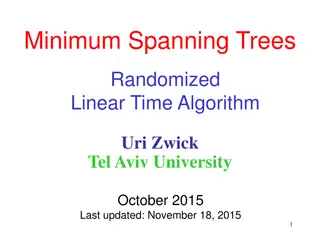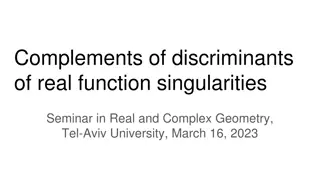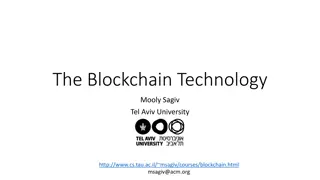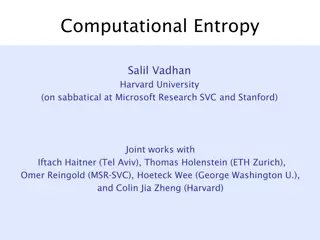Intro to Data Science Recitation at Tel Aviv University
This recitation at Tel Aviv University covers hands-on Data Science with Python, including querying and visualization of data. Topics include usage of libraries like Pandas and NumPy, with real-world problem-solving examples. Administrative details, course structure, and resources are also provided, enhancing the learning experience for students.
Download Presentation

Please find below an Image/Link to download the presentation.
The content on the website is provided AS IS for your information and personal use only. It may not be sold, licensed, or shared on other websites without obtaining consent from the author.If you encounter any issues during the download, it is possible that the publisher has removed the file from their server.
You are allowed to download the files provided on this website for personal or commercial use, subject to the condition that they are used lawfully. All files are the property of their respective owners.
The content on the website is provided AS IS for your information and personal use only. It may not be sold, licensed, or shared on other websites without obtaining consent from the author.
E N D
Presentation Transcript
Intro to Data Science Recitation #1 Tel Aviv University 2016/2017 Slava Novgorodov
Administrative Office Hours: TBD Course website: http://slavanov.com/teaching/ds1617b/ Homeworks: 3 (see schedule on course site) Mostly programming tasks (Python 3) Submission in pairs (by email) Final grade: 70% exam, 30% exercises
Todays lesson Introduction to Data Science: Hands-on Data Science with Python Data Understanding Querying data Dealing with missing data Visualization of data
Data Science with Python version: 3 Libraries: Pandas NumPy scikit-learn matplotlib Both working in jupyter or in IDE are fine! Anaconda package is recommended!
Recitation structure Usage of relevant part of the library demonstration using simple examples Hands-on solution of real-world problems
References http://pandas.pydata.org/ http://www.numpy.org/ http://scikit-learn.org http://matplotlib.org/ https://anaconda.org/
